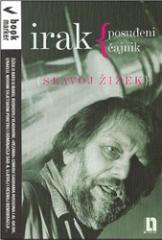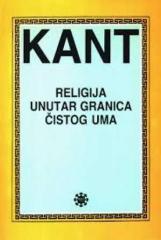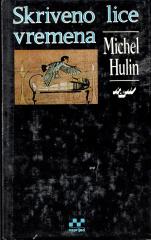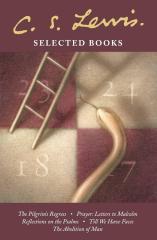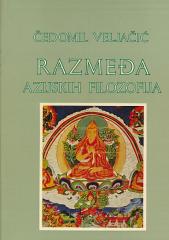
Bog na mukama: Obrati apokalipse
The book God in Torment: Reversals of the Apocalypse (2008), by Slavoj Žižek and Boris Gunjević, offers a provocative philosophical-theological dialogue exploring (pre)apocalyptic narratives in both religious and secular contexts.
Through an interdisciplinary approach, the authors analyze the apocalypse not only as the end of the world, but as a potential event that opens up new possibilities of existence, with theological and political implications from bioethics to messianism.
In the introductory chapter, “Introductory Confession of Revolution,” Gunjević questions the role of theology in the contemporary world, while in “From the Paleontology of Enthusiasm to the Liturgy of Reactionaries,” he redefines the apocalypse as a revolutionary event, not just a passive state of suffering. He particularly deals with Christogenesis, liturgy, and innovative readings of the Quran, analogous to the Kabbalistic approach to the Torah, emphasizing the unconscious as a key element of sacred texts.
Žižek, on the other hand, in “‘Thinking Backward’: Predestination and the Apocalypse” continues to elaborate on his theory of parallax, classifying apocalypticism into three types: Christian-fundamentalist, New Age, and techno-digital-posthuman. His analysis explores how the apocalypse shapes contemporary thought, from climate change to nuclear fear.
The book critiques popular religious literature and offers a speculative approach that connects theology, politics, and philosophy, calling for radical emancipation through awareness of one's own position.
One copy is available
